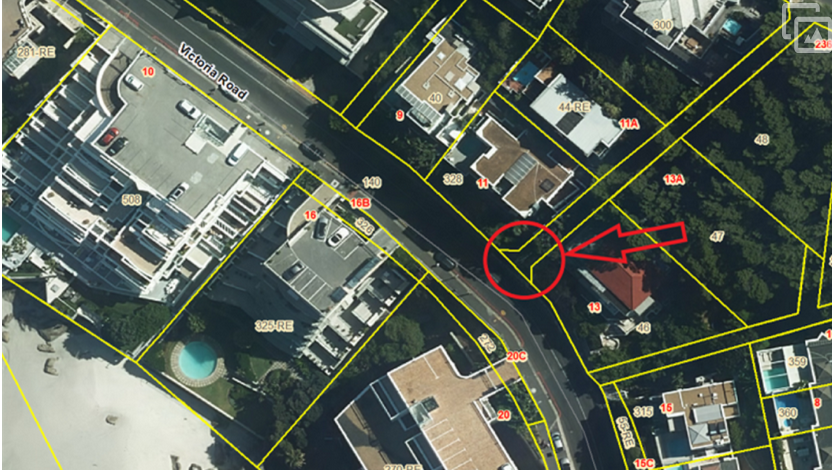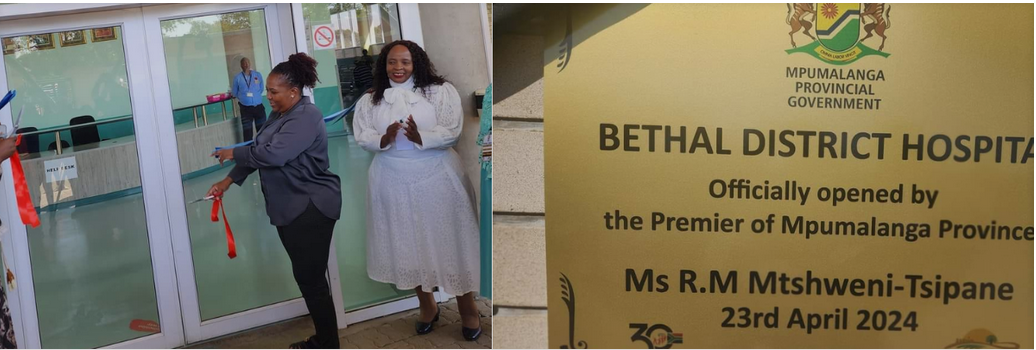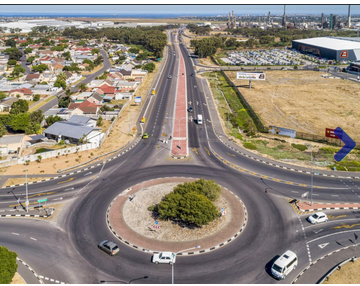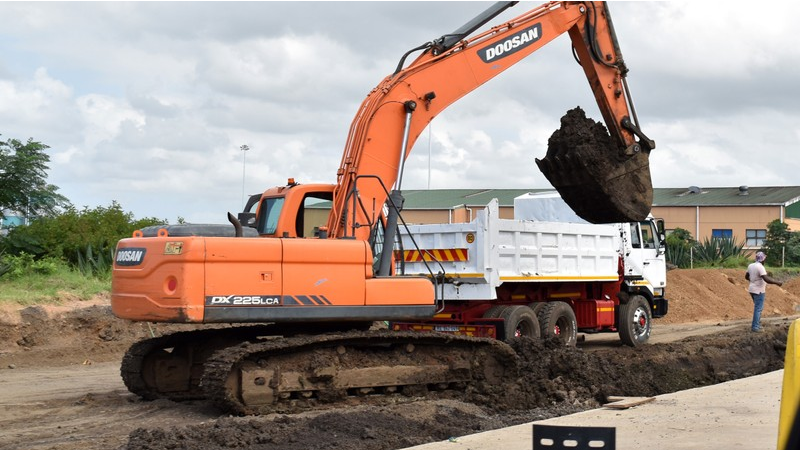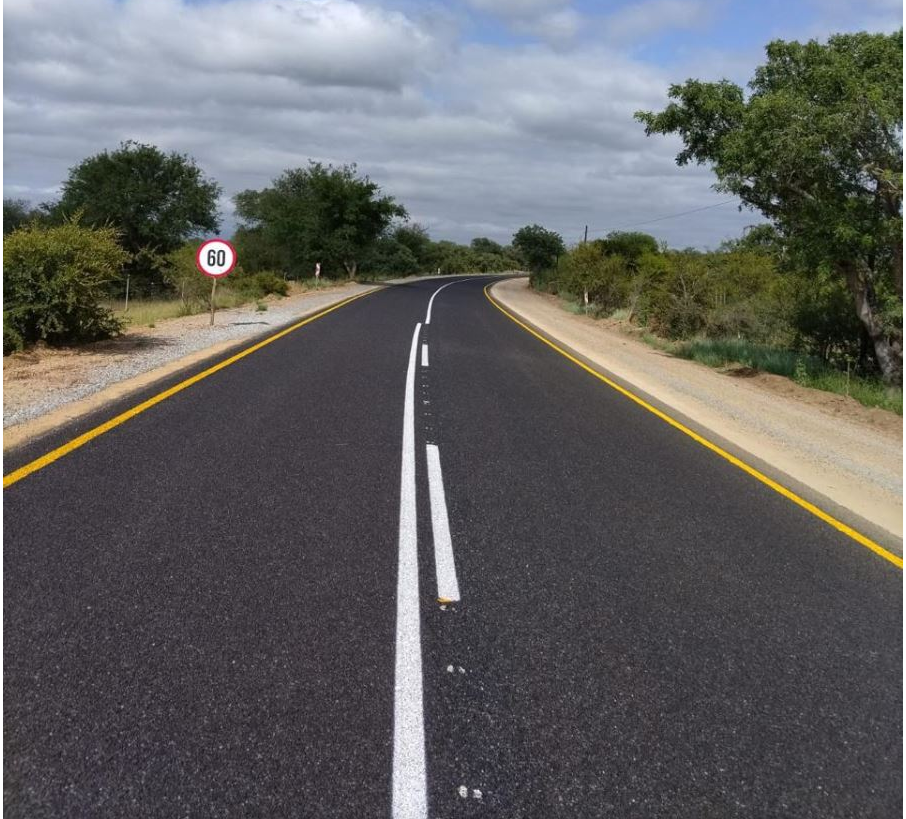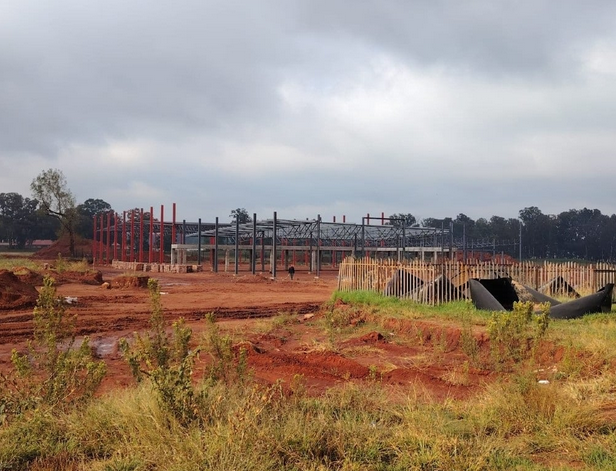Budget 2018: Filling an R85bn gap

12-12-2017
Read : 59 times
Moneyweb
Source
The tax increases in 2018 are going to need to be broad, as well as substantial.
In the Medium-Term Budget Speech on October 25, finance minister Malusi Gigaba estimated the tax revenue deficit to be R50.8 billion in 2017/18, the highest deficit since the 2009 recession, increasing to R69.3 billion in 2018/19. Budget 2018 accordingly has an almost R70 billion “hole” to plug for the 2018/19 year.
Then, on November 30, Gigaba confirmed in the National Assembly that the intention was to implement fee-free higher education, estimated to cost R40 billion, which is currently intended to be funded by expenditure cuts of R25 billion and increased taxes of R15 billion. This ups the targeted tax increases for Budget 2018 to approximately R85 billion.
In the circumstances, it is clear that sticking with the few, more common types of tax changes would be insufficient. The tax increases in 2018 are going to need to be broad, as well as substantial.
VAT increases
Increased VAT rate
Potential VAT increases have been discussed for several years. The Davis Tax Committee recommended a broadening of the tax base by eliminating certain zero-rated supplies, as well as an increase in the VAT rate. At a breakfast show hosted by the SABC on February 23, the day after the 2017 Budget Speech, [then] finance minister Pravin Gordhan indicated that VAT is a sensitive area but increases are “on the table”, either an overall increase of 1% or 2% with exemptions, or levying different VAT rates on different items, “for example, a 20% VAT on luxury items and the current or a slightly higher VAT rate on frequently used consumables”.
An increase in VAT to 15% can be expected (possibly after the announcement of an increase to 16% and then a reduction after pushback, as various tax commentators have predicted in the past), combined with a new “luxury rate” of 20%.
VAT on petrol and diesel in 2018
Yes, you read that correctly. The Budget Review 2017 proposed that, in the 2018/19 period, the VAT zero-rating on fuel be removed. It went on to state that, to mitigate the effect on transport costs, the fuel levy may either be frozen or decreased. If this is indeed only a freezing of the fuel levy, the removal of the zero-rating of fuel would result in a 14% increase in the price of fuel to consumers. Whichever approach is adopted in relation to the fuel levy, one can expect that the zero-rating on fuel will be removed in 2018.
CGT increases
The Davis Tax Committee recommended an increase in the capital gains tax (CGT) inclusion rate for companies from 80% to 100%, as part of the funding for tertiary education. This change can be anticipated.
If this change is made, the CGT inclusion rate for individuals (currently 40%) appears very low by comparison, and one should anticipate an increase to at least 60%.
Individual income tax increases
The Davis Tax Committee recommended an increase of 1.5% in the individual income tax top marginal rate, as part of the funding for tertiary education. This same report discussed potential substantially higher increases in individual income tax if larger amounts were needed for tertiary education.
The tax tables are routinely adjusted on an annual basis, to minimise the effect of bracket creep (also called fiscal drag), where the inflation-related increase received by a taxpayer pushes her or him into a higher tax bracket, resulting in higher taxes. A fairly “easy” way to increase taxes is to give limited relief for fiscal drag.
In the circumstances, one may anticipate limited relief for fiscal drag, combined with increased marginal income tax rates at the higher end, for example an increase from 41% to 43% for the marginal tax rate that applies from approximately R700 000, and an increase from 45% to 48% for the maximum marginal tax rate.
Corporate income tax increases
When the individual income tax rate increases, an arbitrage opportunity arises unless either the corporate income tax rate or the dividends tax rate increases. It is possible that the decision may be made to increase dividends tax, as done in 2017. However, there is a delayed impact where companies decide to retain funds, or where dividends are declared to other South African companies; and the dividends tax increase has no impact on dividends declared to foreign entities that are able to claim double-tax treaty relief. In these circumstances, an increase in the corporate income tax rate may be considered more appropriate.
Skills development levy increase
The Davis Tax Committee recommended an increase of 0.5% in the Skills Development Levy as part of the funding for tertiary education. This change can be anticipated.
Estate duty and donations tax increases
Budget 2017 indicated that the recommendations as set out in the Davis Tax Committee Estate Duty Report (published on August 24 2016) will be addressed in Budget 2018.
These recommendations include increasing the estate duty rate to 25% for that part of an estate with a value over R30 million and the removal of spousal rollover relief, in relation to estate duty, CGT and donations tax (partially offset by an increase in the primary abatement for all estates).
If the maximum estate duty rate increases to 25%, one can anticipate that the donations tax rate will likewise increase to 25%, otherwise an arbitrage opportunity would be created.
If these changes are implemented, many transactions between spouses will start to fall within the tax net, potentially triggering CGT and donations tax. Leaving assets to one’s spouse upon death would become a very fiscally expensive choice, since these assets would be taxed upon the death of the first spouse, and then a second time upon death of the second spouse.
Tax on super cars
Certain jurisdictions have tax rules in relation to “super cars” or other unusually expensive cars. In 2017, China was in the press in relation to a 10% surtax on cars that cost more than 1.3 million yuan (approximately R2.6 million), imposed for the joint purpose of curbing lavish spending and reducing carbon emissions.
South Africa may well follow suit on this type of approach, over the next few years.
Branch profits tax
Further, the absence of branch profits tax in South Africa means that non-residents trading through branches of external companies are at an advantage relative to South African companies, or non-residents trading through South African subsidiaries.
Given the significant effort that has gone into the renegotiation of tax treaties, with the aim of securing a minimum dividends tax rate of 5% in a cross-border context, it appears anomalous that this can be (and is) avoided through the use of branch structures. In the circumstances, a branch profits tax, at a minimum rate of 5%, should be anticipated.
Wealth tax
We may potentially not be “ready” for wealth tax in 2018, as this issue is still being considered by the Davis Tax Committee, and the nature and likely collections amounts have not yet been shared with the public and debated. However, it appears highly likely that wealth tax will be implemented in some or other form over the next few years.
Recent News
Here are recent news articles from the Building and Construction Industry.
Have you signed up for your free copy yet?
